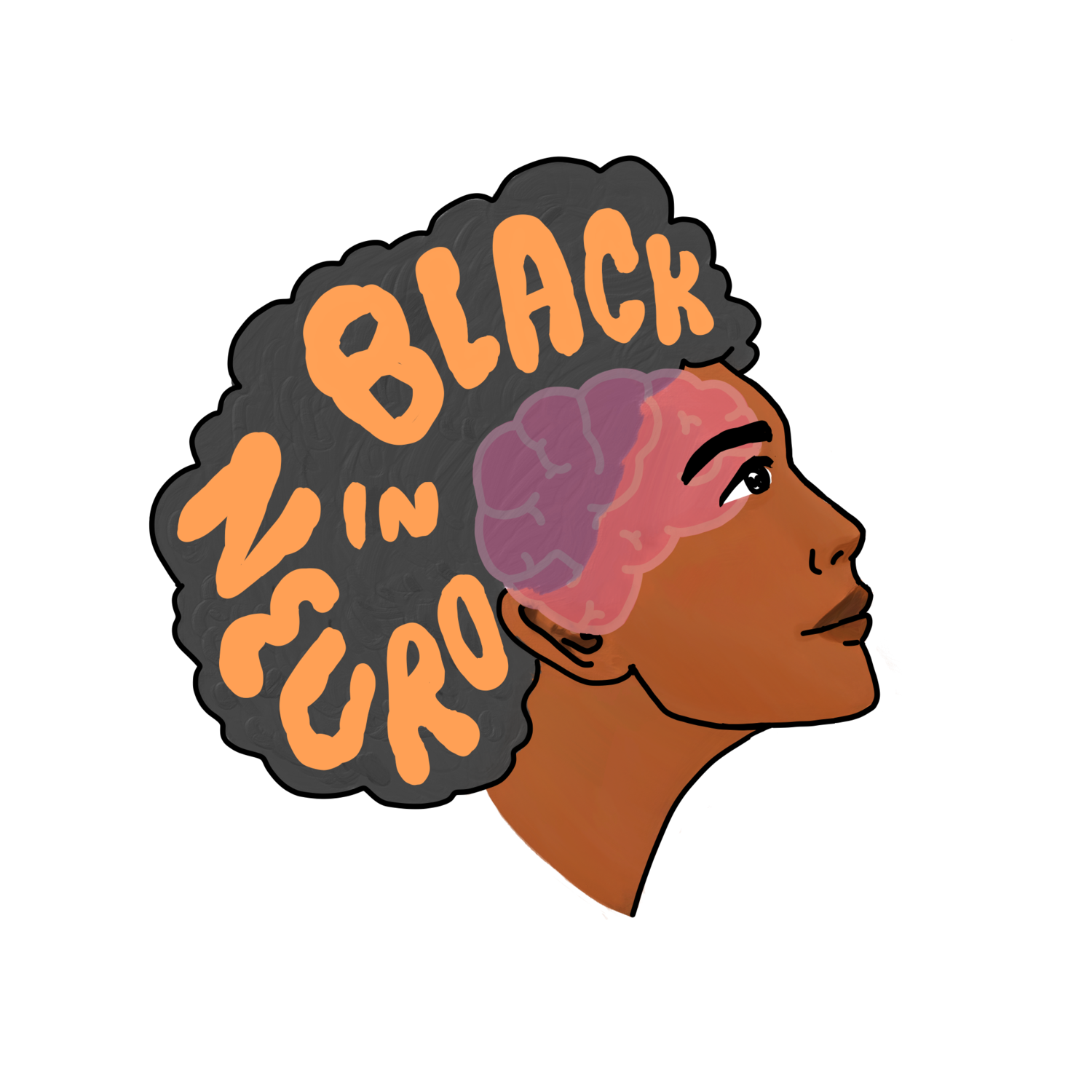Meet Gina Poe, PhD
Dr. Poe was born and raised in Southern California. She and her younger brother were raised by a high-school educated single mother who believed education was the path to freedom.
In pursuit of a great education for her kids and better than minimum wage jobs for herself, their small family moved every few years between Sand Diego and Los Angeles.
Dr. Poe went to Monterey Bay Academy, a Christian boarding school in high school on scholarship and work-study.
She spent half of every day working on a fruit and vegetable farm and a dairy.
She sang in the choir and was elected class Pastor.
In her senior year she got a scholarship and grants to attend an east coast college prep school called Phillips Academy, Andover and from there went to Stanford University where she majored in Human Biology, thinking she would have a career in International Public Health, and worked on campus at the student store, the coffee house, the pizza pocket, writing articles for the student newspaper, and copying hundreds of hours of white noise from space at the Stanford Radar Astronomy lab.
There she was first introduced to the quirky dedication of scientists. While waiting 2 years for Columbia University to start the nation's first professional PhD program in public health, Dr. Poe took her first research position just to make the rent, landing at the VA Hospital in Sepulveda, CA, working with Dr. Barry Sterman to ascertain whether a new portable EEG system their lab built could be used to determine the performance status of test pilots flying F-16's. That is when Dr, Poe realized that research did not have to be boring or isolating, but involved the daily fun of figuring out new ways to tackle important questions with a team talented people. So she applied to UCLA's Neuroscience PhD program and did just that in the laboratory of Dr. Ron Harper and together with fellow graduate student David Rector, built and applied the first camera obtaining coherent images of subcortical neural activity in freely behaving animals.
From there she went to the University of Arizona to learn multiple single unit electrophysiological recordings from freely behaving rats and sent four of those instrumented rats into space to learn whether and how the hippocampal mapping system adapted to three dimensions in zero gravity with NASA, Bruce McNaughton and fellow postdoctoral associate Jim Kneirim. She probed the graceful degradation hypothesis of aging cognition with Carol Barnes and also started work on her own passion project, investigating whether sleep is for memory consolidation or forgetting. It is that latter question that has fueled Dr. Poe's independent research career, first at Washington State University where she won her first major research grant from the National Institute of Mental Health called REM Sleep and Memory which is now in its 20th year of renewal. She moved to the University of Michigan to marry and start a family and there earned tenure teaching, doing research, mentoring students, and serving on local and national scientific and professional committees.
In 2016 she moved her family back to Los Angeles to take a Professor position at UCLA and continue her research and to direct several programs mentoring students from backgrounds underrepresented in the sciences and there continues her research on the mechanisms whereby sleep uniquely serves memory consolidation, creativity and insight, and mental health.

